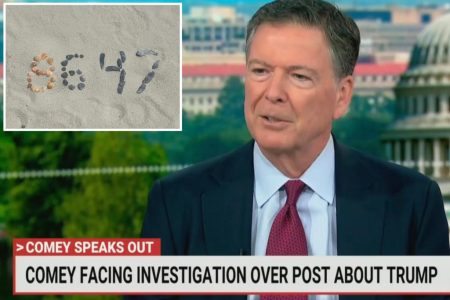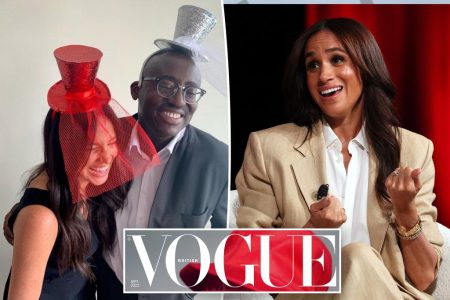In 2021, news surfaced that top US intelligence officials had suppressed research pointing to a Chinese lab leak as the origin of COVID-19. This raised questions about who made the decision to keep Defense Department and FBI input out of the briefing to President Biden and the resulting federal finding that COVID most likely arose naturally. It also involved blocking requests for Defense research from Sen. Charles Grassley. Dr. Anthony Fauci and others had fought to discredit lab-leak theories due to their funding of related research at the Wuhan lab, fearing backlash against themselves and the funding of such research.
The motive behind suppressing the lab-leak theory was likely to avoid backlash, but the question arises as to why the US intelligence community would cover for China, the entity responsible for possibly creating and unleashing the virus on the world. It is speculated that someone believed the world would also blame the US government, potentially even more than China, so covering up the lab-leak theory was the best course of action. While it may have been within President Biden’s powers to make that decision, it was not within the authority of anyone else involved in the process, such as White House aides or intelligence officials.
The role of US intelligence agencies is to provide accurate information to decision-makers so that the best decisions can be made. Anyone who distorts or controls information to influence decisions is betraying their duty and the nation as a whole. Congress, as well as President-elect Trump’s intel team, should investigate this suppression of information. It is important to hold those responsible accountable and address any systemic issues within intelligence agencies that undermine their trustworthiness and integrity. An intelligence community that cannot be trusted to tell the truth is more harmful than not having intelligence agencies at all.
The situation highlights the need for transparency and accountability in intelligence agencies, especially when it comes to providing information that could impact critical decisions. There must be a clear separation between those who gather intelligence and those who interpret and present it, to ensure that decision-makers have access to unbiased and accurate information. The suppression of the lab-leak theory raises concerns about the politicization of intelligence and the potential for hidden agendas to influence important decisions.
In order to restore trust in the intelligence community, a thorough investigation is necessary to determine who was responsible for suppressing research on the lab-leak theory and why. This information should be made public, and those involved should be held accountable for their actions. Additionally, steps should be taken to prevent similar incidents from occurring in the future, including implementing safeguards to protect the integrity of intelligence gathering and analysis. Ultimately, the priority should be on ensuring that decision-makers have access to the best available information so that they can make informed decisions in the best interest of the nation.















